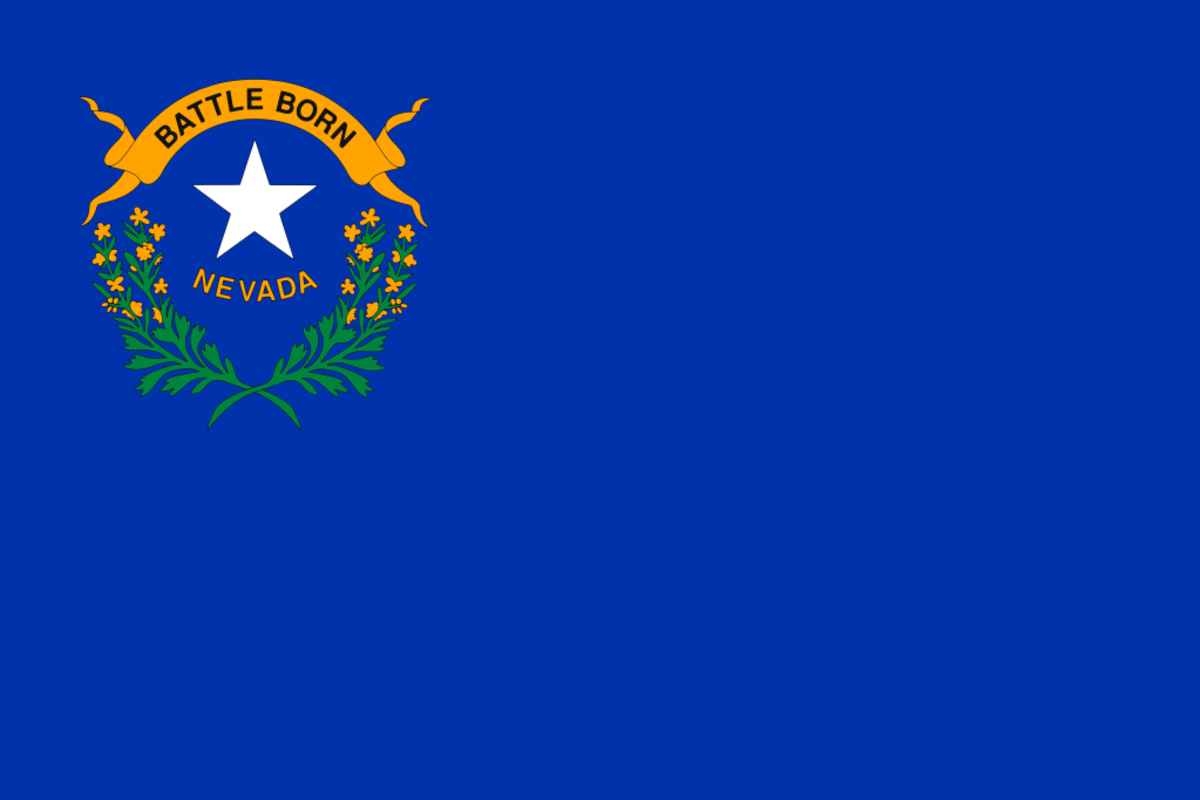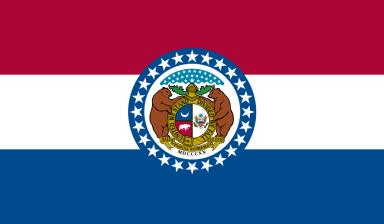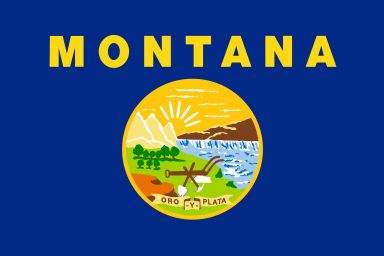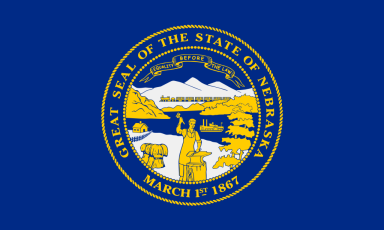Nevada Employment and Labor Laws

Four former employees of Grand Sierra Resort filed a class action suit against HG Staffing in 2016 for unpaid work rendered, unpaid overtime pay, late payment of wages, and breach of the minimum wage law of Nevada. The district court issued three orders that favored HG Staffing, so the plaintiffs filed appeals. In 2022, the Nevada Supreme Court upheld the district court’s orders. Details of the decision revealed that the workers failed to file the case within Nevada’s two-year statute of limitations.
The outcome of the case demonstrates that no matter how valid the reasons are for pursuing a case against an employer for violations of employment and labor laws, filing the case after the statute of limitations has passed can forfeit the chances of prevailing.
Employees and employers need to know the rules and regulations that apply to their roles in the workplace. These include understanding the difference between employment laws and labor laws.
Employment laws and labor laws are two distinct law categories that are often interchanged. The main difference between the two forms lies in the relationship between employers and employees.
Employment laws govern an individual employee's rights and their relationship with the employer. They deal with the legalities and the issues that arise between the two parties, such as wage and hour disputes, discrimination, harassment, and wrongful termination.
Labor laws, on the other hand, deal with the collective rights of a group of employees or a union.
Employment in Nevada has been posting positive numbers. In a press release from the Nevada Department of Employment, Training, and Rehabilitation in October 2023, several metros saw an increase in employment rates in August 2023.
The table below shows the increased rate of employment in Nevada from September 2022 to August 2023.
With this development, it is all the more important for the members of the workforce to be informed and up-to-date. This article aims to provide a comprehensive overview of the existing employment and labor laws in Nevada. It discusses the laws governing minimum wage, overtime pay, and wrongful termination in the state.
Nevada Employment and Labor Laws
The state of Nevada has laws in place to protect the rights of every employee. These laws cover minimum wage, overtime pay, workers’ compensation, and wrongful termination. This section provides an overview of the employment and labor laws in Nevada.
Minimum Wage
According to the NV Statute 608.250; NV Labor Commission, the minimum wage in Nevada is $11.25 per hour as of July 1, 2023, if the employer does not offer qualifying health insurance.
If the employer offers qualifying health insurance, the minimum wage is $10.25 per hour.
The constitution of Nevada calls for an annual review of the minimum wage in the state. The minimum wage must be raised based on the increase in the cost of living, according to the Consumer Price Index released by the Bureau of Labor Statistics of the US Department of Labor. Changes to the minimum wage are to be announced by the Governor by the first day of April of each year.
Rest Period
Under Nevada law, employees with an eight-hour workday must be given a meal period of at least 30 minutes. They are also entitled to 10 minutes of rest breaks for every four hours of work rendered.
Overtime Pay
Nevada employees who earn less than $455 on a 40-hour work week in non-exempt industries are eligible for overtime pay. Employees who work more than eight hours a day or 40 days a week must be paid 1½ times their regular pay rate. As of October 2023, the minimum wage for overtime pay in Nevada is $15.75 per hour.
According to Section 13(a)(1) of the Fair Labor Standards Act, company executives, administrators, and other professionals who receive a salary of at least $455 per week are exempt from overtime pay.
External salespeople, computer-related workers, independent contractors, transportation workers, farm workers, and live-in employees like housekeepers are also exempt from overtime law.
If your employer does not pay for overtime work, you may request to resolve the issue in good faith. If your employer insists on denying overtime pay, you may file a claim with the Nevada Office of the Labor Commissioner. You can also take your case to court to obtain unpaid overtime work.
Leaves of Absence
Employees should be allowed to take time off work when the need arises, like taking care of a sick family member, undergoing a medical procedure or treatment, or recuperating from an illness. The Family and Medical Leave Act requires employers to grant eligible employees the right to take an unpaid, job-protected leave of 12 weeks a year.
Other leaves that an employee may take are:
Jury duty leave.
Military leave.
Voting leave.
Leave for school-related activities.
Pregnancy disability leave.
Domestic violence leave.
Nevada Fair Employment Practices Act
State legislation protects workers against discrimination and harassment in the workplace. NRS 613.330 states that it is illegal for employers to treat them unfairly based on the following:
Race/color.
National origin.
Religion.
Age (40 years and over).
Disability.
Sex/gender.
Pregnancy.
Sexual orientation.
Gender identity or expression.
An employer is enjoined to follow anti-discrimination and anti-harassment laws for the entirety of its association and interaction with an employee, including hiring, pay, promotion, and termination. Additionally, it is not only accountable for committing discrimination and harassment but also for the conduct of its employees. Nevada loathes the presence of prejudice and intimidation in the workplace and heavily penalizes employers that allow this to happen.
Workers’ Compensation in Nevada
Workers’ compensation is a no-fault insurance program that benefits employees if they get injured in the workplace or develop an occupational illness due to the nature of their jobs.
Employers in Nevada with at least one employee are required to provide workers’ compensation insurance benefits to their employees. The benefits under Nevada’s Workers’ Compensation Program cover:
Lost wages.
Medical bills.
Vocational rehabilitation.
Dependent’s benefits.
Permanent partial disability.
Permanent total disability.
To keep employees informed, the company or employer must post a descriptive poster on a prominent area of the workplace. Below are the requirements for the formatting and sizing of the poster:
Font size of title: 20-point bold type
Font size of questions relating to claim: 12-point bold
Dimensions: 11 inches X 17 inches
Exemptions
There are workers who are not covered by the Nevada’s Workers’ Compensation Program. They are the following:
Casual employees.
Theatrical performers.
Musicians.
Domestic workers.
Volunteer ski patrollers.
Sports officials.
Clergies and rabbis.
Real estate brokers.
Nevada Pregnant Workers’ Act
Under NRS 613.335 Sections 2 to 8, pregnant employees in Nevada are protected against discrimination and other unlawful employment practices revolving around their condition.
Employers of pregnant women in Nevada are prohibited from:
Denying reasonable accommodation to pregnant workers and applicants for situations related to pregnancy. It includes childbirth and other medical conditions unless necessary accommodation creates an excessive burden to the operation of the business.
Retaliating against a pregnant employee for requesting reasonable accommodation.
Refusing to offer a female employee advancement at work or a candidate job opportunities due to a requested reasonable accommodation.
Forcing a female employee or candidate to accept unwanted accommodation.
At-Will Employment in Nevada
Nevada is among the states in the United States that follow the at-will employment principle. It means an employer or an employee can end an employment relationship for any reason.
Although either party can end employment, there still are some exceptions in which terminating employment violates the law.
What Qualifies as Wrongful Termination in Nevada?
Although Nevada follows the at-will employment principle, there are federal and state laws that protect employees from acts of termination that are considered wrongful. In particular, Nevada employers with at least 15 employees are prohibited from committing wrongful termination. The following are examples:
Retaliation: An employer cannot fire an employee for asserting their rights to oppose unlawful actions or testifying against an employee for a violation. In addition, an employee should not be terminated for refusing to participate in an illegal activity.
Discrimination: Employers should not fire employees because of their race, gender, nationality, religion, age, citizenship, or disability. Firing an employee because she is pregnant is also against the law.
Breach of Contract: If an employment contract between an employer and employee promises job security, the employer cannot terminate an employee for an invalid reason. Note that a contract in Nevada can be written or spoken.
How Do You Report an Employer in Nevada for Wrongful Termination?
If you are wrongfully terminated from your job in Nevada, you should gather the necessary paperwork or documentation to support your claim. Before filing a lawsuit in the Nevada Court, you must first file a complaint with the Nevada Equal Rights Commission.
The NERC is a state agency that enforces the employment and discrimination laws of Nevada, such as the NRS 233 and 613, as well as Title VII of the Civil Rights Act of 1964, and the Employment Act of 1967.
Wrongfully terminated employees can also lodge their complaints with the Equal Employment Opportunity Commission or EEOC. EEOC is a federal agency that enforces laws that protect US citizens from discrimination due to race, color, religion, gender, national origin, and age.
The EEOC investigates reports about the discrimination of individuals who are protected by the law. It conducts a thorough investigation of the report to reach a decision. The EEOC has the authority to file a lawsuit against the reported businesses and employers to ensure the protection of the rights of individuals against discrimination.
Another recourse for discrimination complaints in wrongful termination cases is by hiring an experienced employment attorney. They can provide valuable insights and help with understanding and navigating the legal complexities of one’s case. This will allow an employee to make an informed decision and take the necessary actions to resolve the issue.
What is the Statute of Limitations for Wrongful Termination Cases in Nevada?
Nevada residents who are victims of wrongful termination in the workplace have up to 300 days from the day they were fired to file a complaint with the Nevada Equal Rights Commission. Those who wish to submit a complaint may fill out the Employment Discrimination Form. The moment you receive a Notice of Right to Sue from the NERC, you have 90 days to file a case in court.
The statute of limitations for filing a wrongful termination claim with the EEOC is 180 days from the date of the discriminatory act.
Filing a complaint with these agencies within the statute of limitations is important to have a better chance of getting favorable results for your case. If you file your complaint beyond the stipulated time limits, you can expect the opposite party to ask the court to dismiss your case.
How Much Can Someone Sue an Employer in Nevada for Wrongful Termination?
The amount of damages a wrongfully terminated employee in Nevada can recover depends upon several factors. These include:
Type of claim.
Lost wages.
Missed benefits.
Medical expenses.
Emotional distress.
The cost of finding a new job.
In Nevada, the average amount of settlements ranges from $6,000 to $80,000. The court, on the other hand, has an average award of approximately $111,000 to $500,000.
Apart from recovering compensatory damages, the court may also award punitive damages in some cases to penalize the employer for the wrongful termination they committed.
Internal Reference: https://www.wrongfulterminationsettlements.com/state-cases-amounts/nevada/
Resources for Employees in Nevada
Nevada Equal Rights Commission
The Nevada Equal Rights Commission is a state agency that fosters and protects the rights of Nevada residents against discrimination. It is in charge of Nevada’s equal employment opportunity program, which covers discrimination based on religion, race, age, sex, disability, and national origin. It collaborates with the Equal Employment Opportunity Commission to addressing discriminatory complaints in the workplace.
The NERC website provides information on the laws that protect the rights of the Nevada workforce, employer duties, and the penalties for breaking the employment and labor laws of Nevada. Employees who experience discrimination in the workplace may request a Right to Sue from the website.
Contact Information:
Las Vegas Office - (702) 486-7161
Reno Office - 775) 823-6690
State Bar of Nevada
The State Bar of Nevada is an association of Nevada lawyers that operates under the supervision of the Nevada Supreme Court. Its website provides an overview of the employment and labor laws in Nevada. It also includes a glossary of the terms that are commonly used in employment and labor laws.
It offers a Lawyer Referral Service that serves as a resource for individuals who are seeking a lawyer. The contact number for the state bar’s LRS is 702-382-0504.
The State Bar of Nevada may be reached at 775-329-4100.
State of Nevada Department of Business and Industry Office of the Labor Commissioner
The Labor Commissioner’s office is a state agency that serves employees and businesses in Nevada. It is in charge of investigating disputes about wages. It also oversees the employment standards for the youth.
Employees in Nevada who have complaints about wages may find the Wage Claim and Complaint Forms on the website.
The Office of the Labor Commissioner may be contacted at 775-684-1890.
State of Nevada Division of Industrial Relations
The Division of Industrial Relations (DIR) is composed of six different sections:
Mechanical Compliance (MCS).
Mine Safety and Training (MSATS).
Occupational Safety and Health Administration (OSHA).
Workers’ Compensation (WCS).
Legal.
The Occupational Safety and Health Administration is the section that enforces health and safety standards in the workplace. Employers should report workplace accidents leading to fatalities using this form. Deaths must be reported within eight hours.
Accidents leading to amputations or loss of an eye must be reported within 24 hours.
Contact Information:Southern Nevada 702-486-9020
Northern Nevada 775-688-3700
The Workers’ Compensation section sees to it that employees who get injured while performing work duties in Nevada get the benefits they are entitled to. The workers’ compensation laws of the state may be accessed here. Resources downloadable from the site include the Employer Guide on workers’ compensation.
Expertise.com StaffAuthor
Step into the world of Expertise.com, your go-to hub for credible insights. We don't take accuracy lightly around here. Our squad of expert reviewers, each a maestro in their field, has given the green light to every single article you'll find. From rigorous fact-checking to meticulous evaluations of service providers, we've got it all covered. So feel free to dive in and explore. The information you'll uncover has been stamped with the seal of approval by our top-notch experts.




